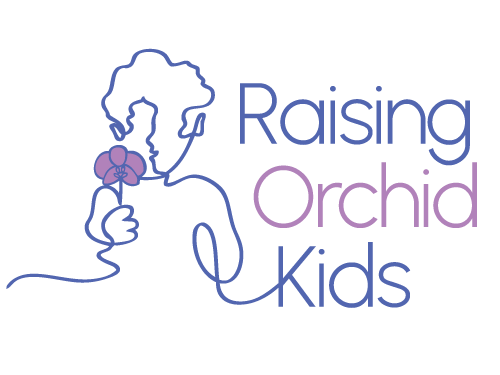Last week, we talked about intrinsic motivation as the most powerful human motivator. And we talked a bit about how to foster that in our Orchid Kids by creating opportunities for belonging, opportunities to feel useful and needed, and chances to practice.
This week, let’s talk about those Special Interests. Because Special Interests are – by definition – intrinsically motivating, right?
Special interests are the things you could think and talk about all day long and not get tired of.
For me (unsurprisingly) those things are:
Child Development
Children’s behavior
Speech and language development
Orchid Kids and why they do what they do
Parenting for Orchid Kids
I spend hours each week thinking about, teasing apart, writing about and researching aspects of these subjects.
I’d do it even if you didn’t read this: it’s that interesting to me. (but also, thanks for reading!)
Of the Orchid Kids I know, here’s a partial list of special interests:
Elevators
Escalators
Smoke Detectors
Extreme Weather Events
Car Keys
Birth dates and the day of the week they fall on
If you read that list and thought, “weird”, I want to challenge you here.
Is that list above fundamentally different from intense interest in these next few?
Legos
Dinosaurs
Planets
Video games
Pokemon
Trains
Baseball card collecting
Hard to understand for many people? Maybe
Uncommon? Maybe
But fundamentally different??? … I’m gonna say no.
Interest in a topic is interest in a topic. It’s intrinsically motivating to the person that it’s interesting to. And unless it’s hurting someone, I’m not seeing a problem per se.
That’s not the same thing as saying that we can’t strive for balance between special interests and other life tasks. And that’s not the same as saying that there are times when the INTENSITY of a special interest can’t be a problem.
For Orchids, we might want to leverage that intrinsic motivation in service of other skills that don’t come as easily.
If my special interest is Elevators, maybe the way I learn numbers is by recognizing the numbers on the buttons and getting to the floor of the number I press.
If my special interest is Extreme Weather, maybe I create a map of where those events occur or calculate statistics about those events.
If my special interest is birth dates, maybe I learn how to engage someone in conversation before asking them about their age.
There’s a sweet spot here where we can honor a person’s interests AND expose them to skills they will need in order to live in the world.
Is it tricky? Sure. It is worth doing – YES!
Here’s what we DON’T want.
We DON’T want to force kids to mask and hide who they are by shaming their special interests and labeling them as “weird”. Unusual is one thing. Uncommon is one thing. Those are statistically arguable. Value judgments, not so much.
We DON’T want to shut kids down from talking about their areas of interest. If you told me that I couldn’t talk to anyone about child development, I’d be STRESSED! But I also know that the same person (usually my husband) doesn’t want to hear about that all the time. I’ve had to learn to “spread the wealth”.
Same for Orchids. We can work toward helping them shape how, when and with whom they talk about their special interest – often by connecting them with folks who share the same interest!
If you’ve got a child with unique special interests, what changes when you take the “weird” label off of it? What questions might you ask if you didn’t think their interest was “weird”? How might that motivate them? How might it bring you closer? How might it help them learn other skills?
xo G
PS – as always, if you’ve got “Yeah, but’s…” I want to hear them! Shoot us an email and let it rip! 🙂

